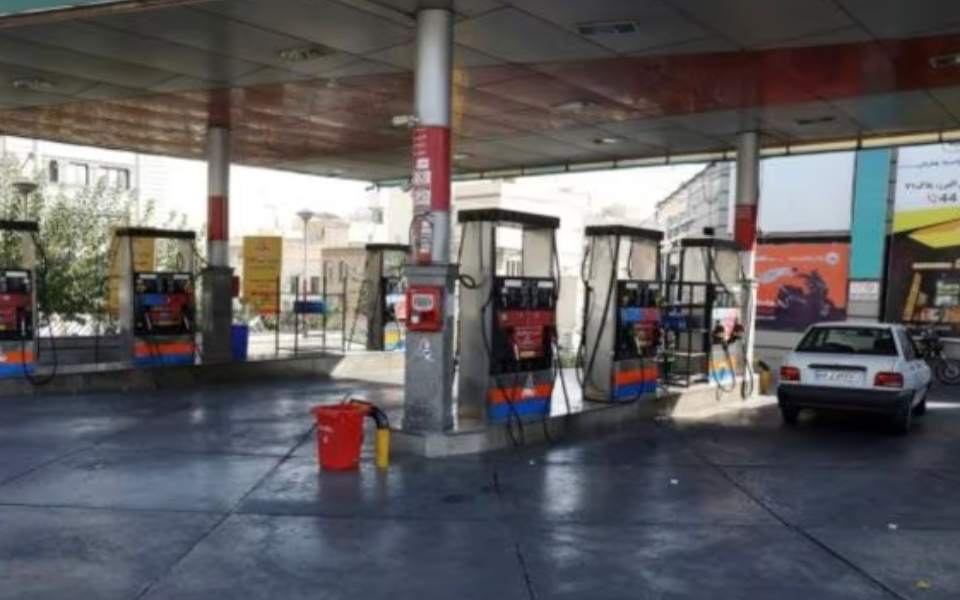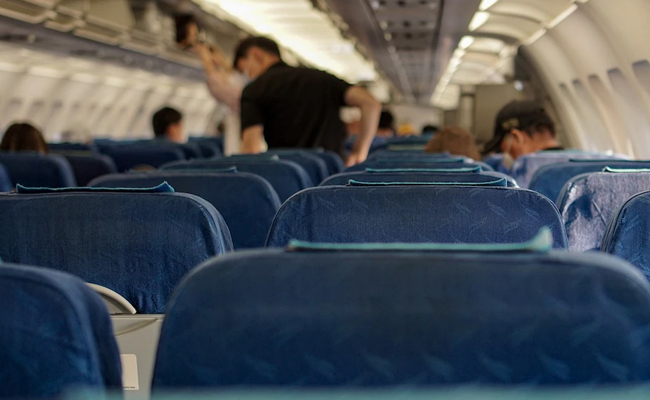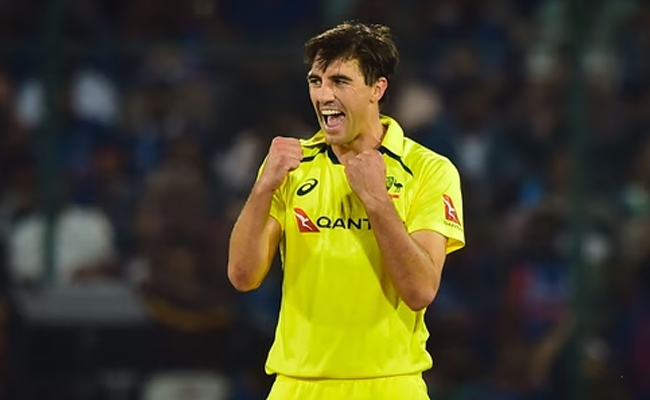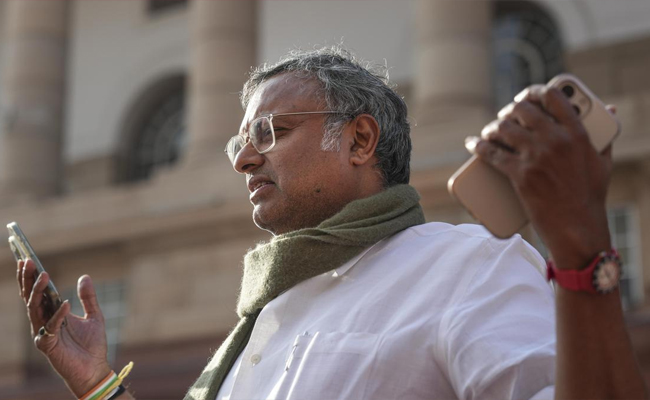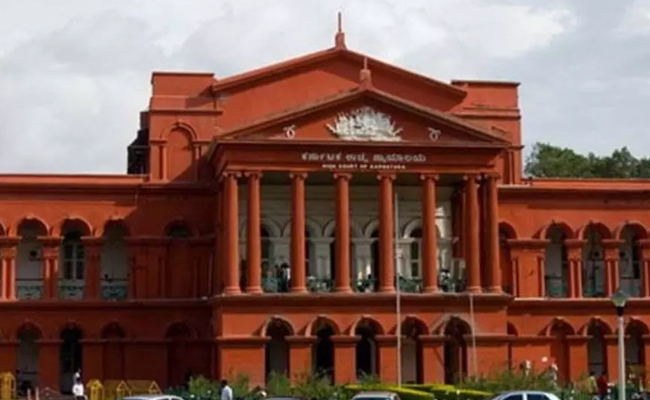Tehran, Dec 18: Nearly 70% of Iran's gas stations went out of service on Monday following possible sabotage a reference to cyberattacks, Iranian state TV reported.
The report said a "software problem" caused the irregularity in the gas stations. It urged people not to rush to the stations that were still operational.
Israeli media, including the Times of Israel, blamed the problem on an attack by a hacker group dubbed "Gonjeshke Darande" or predatory sparrow.
State TV quoted a statement by the Oil Ministry as saying more than 30% of gas stations remain in service. The country has some 33,000 gas stations.
In recent years, Iran has seen a series of cyberattacks on its filling stations, railway system and industries. Surveillance cameras in government buildings, including prisons, have also been hacked in the past.
In 2022, the Gonjeshke Darande group hacked a major steel company in the southwest of the country. A cyberattack on Iran's fuel distribution system in 2021 paralyzed gas stations across the country, leading to long lines of angry motorists. The hacking group claimed responsibility for the attack on fuel pumps.
The country disconnected much of its government infrastructure from the internet after the Stuxnet computer virus widely believed to be a joint US-Israeli creation disrupted thousands of Iranian centrifuges in the country's nuclear sites in the late 2000s.
Iran, long sanctioned by the West, faces difficulties in getting up-to-date hardware and software, often relying on Chinese-manufactured electronics or older systems no longer being patched by manufacturers. That would make it easier for a potential hacker to target. Pirated versions of Windows and other software are common across Iran.
Let the Truth be known. If you read VB and like VB, please be a VB Supporter and Help us deliver the Truth to one and all.
New Delhi (PTI): At least 10 flights were cancelled and more than 270 flights were delayed at the Delhi airport due to fog and low visibility conditions on Tuesday.
An official said 6 arrivals and 4 departures have been cancelled for the day.
ALSO READ: Central laboratory confirms avian flu outbreak in parts of Alappuzha, Kottayam districts
Over 270 flights have been delayed and the average delay time for departures is 29 minutes, as per information available on flight tracking website Flightradar24.com.
"Visibility at the airport is improving; however, flight departures for certain destinations may experience delay," Delhi airport operator DIAL said in a post on X.
The Indira Gandhi International Airport (IGIA) in the national capital handles around 1,300 flight movements daily.

